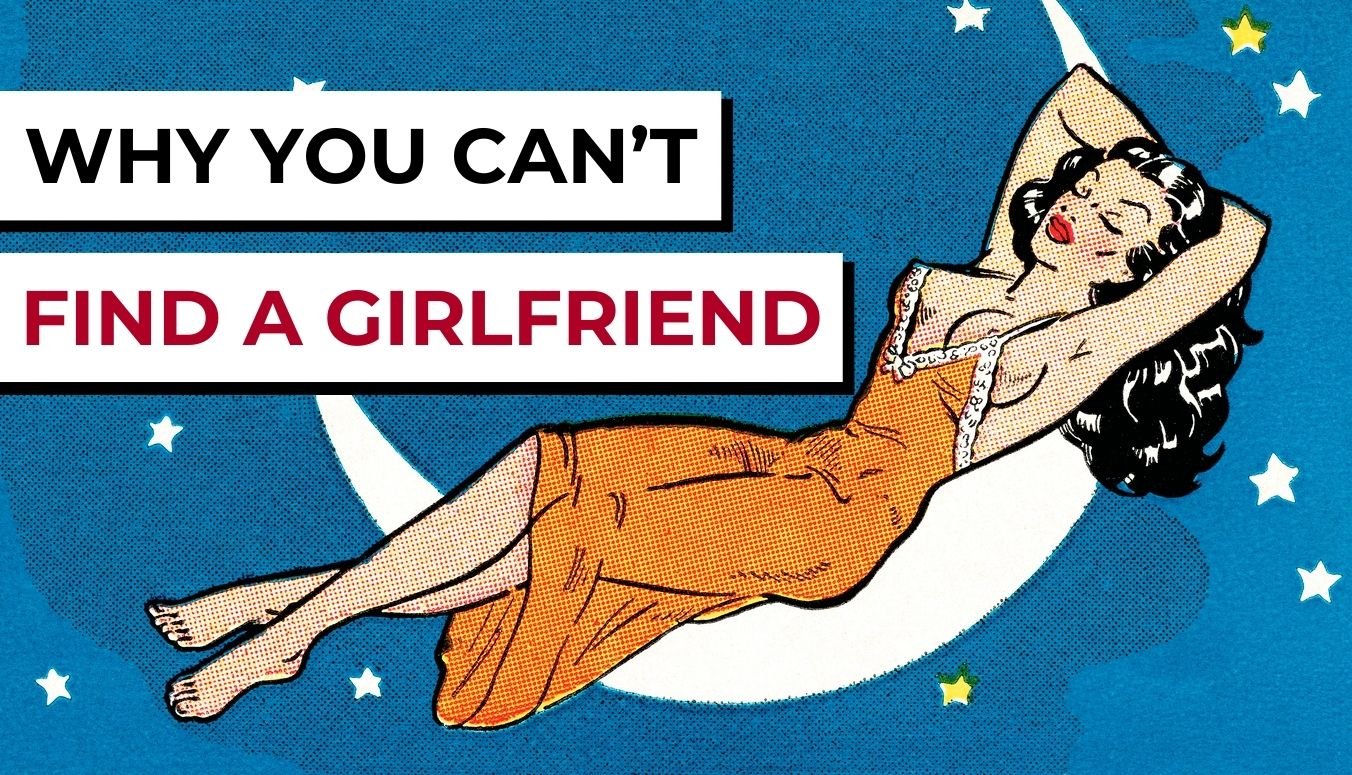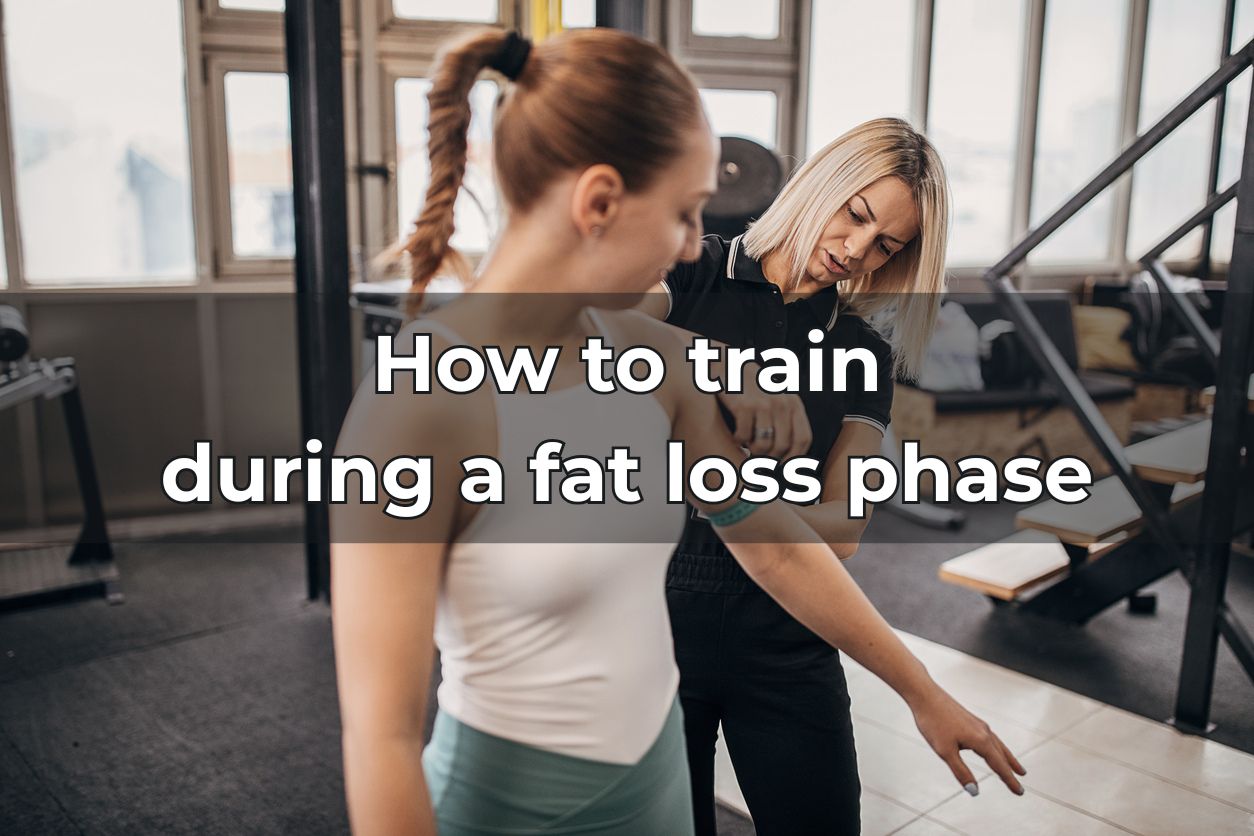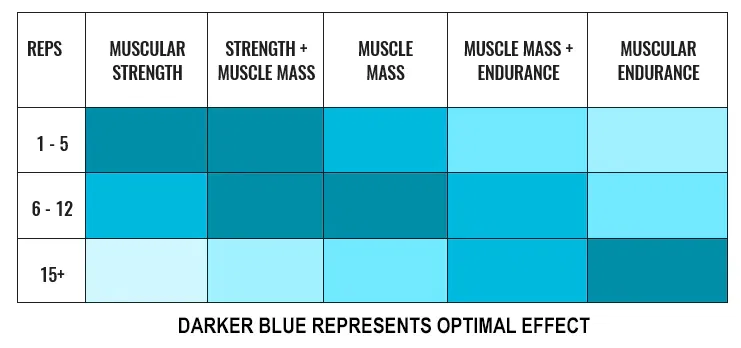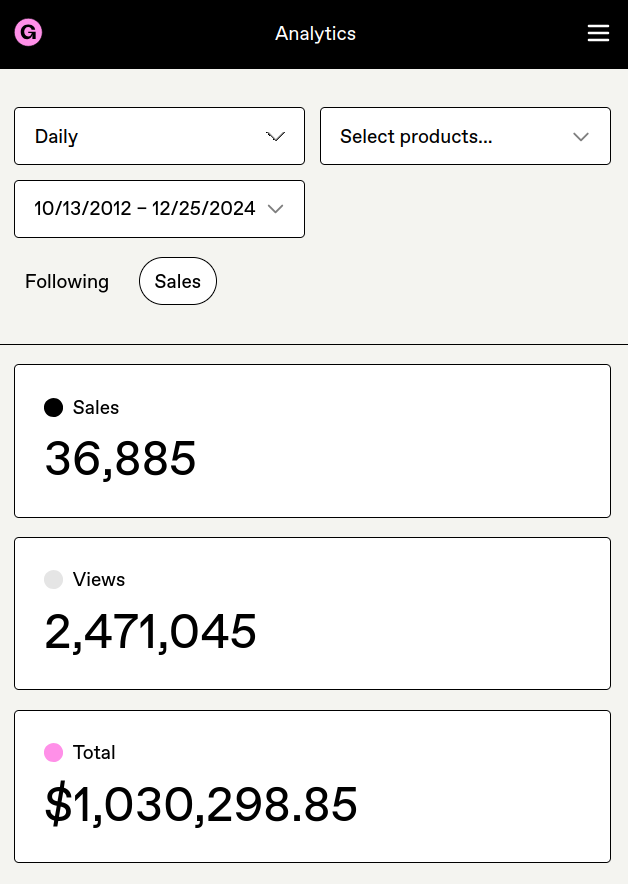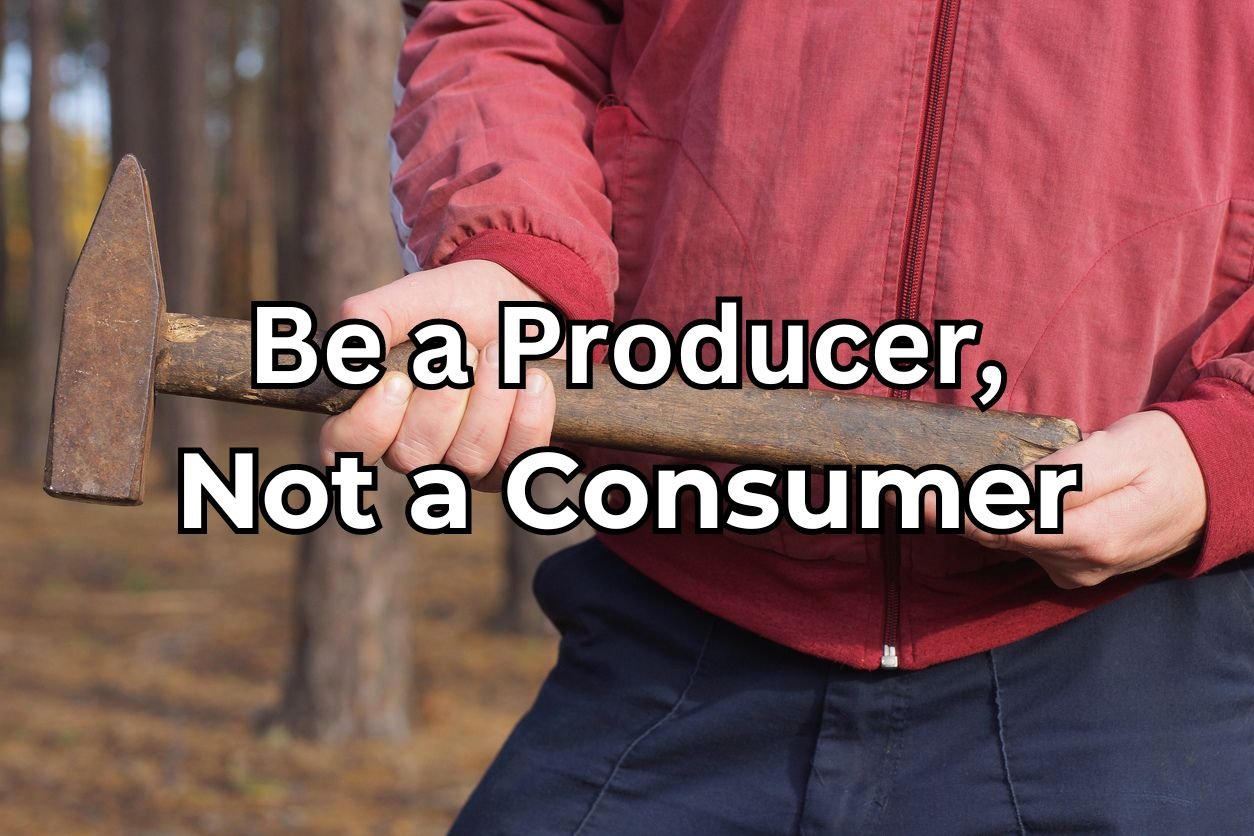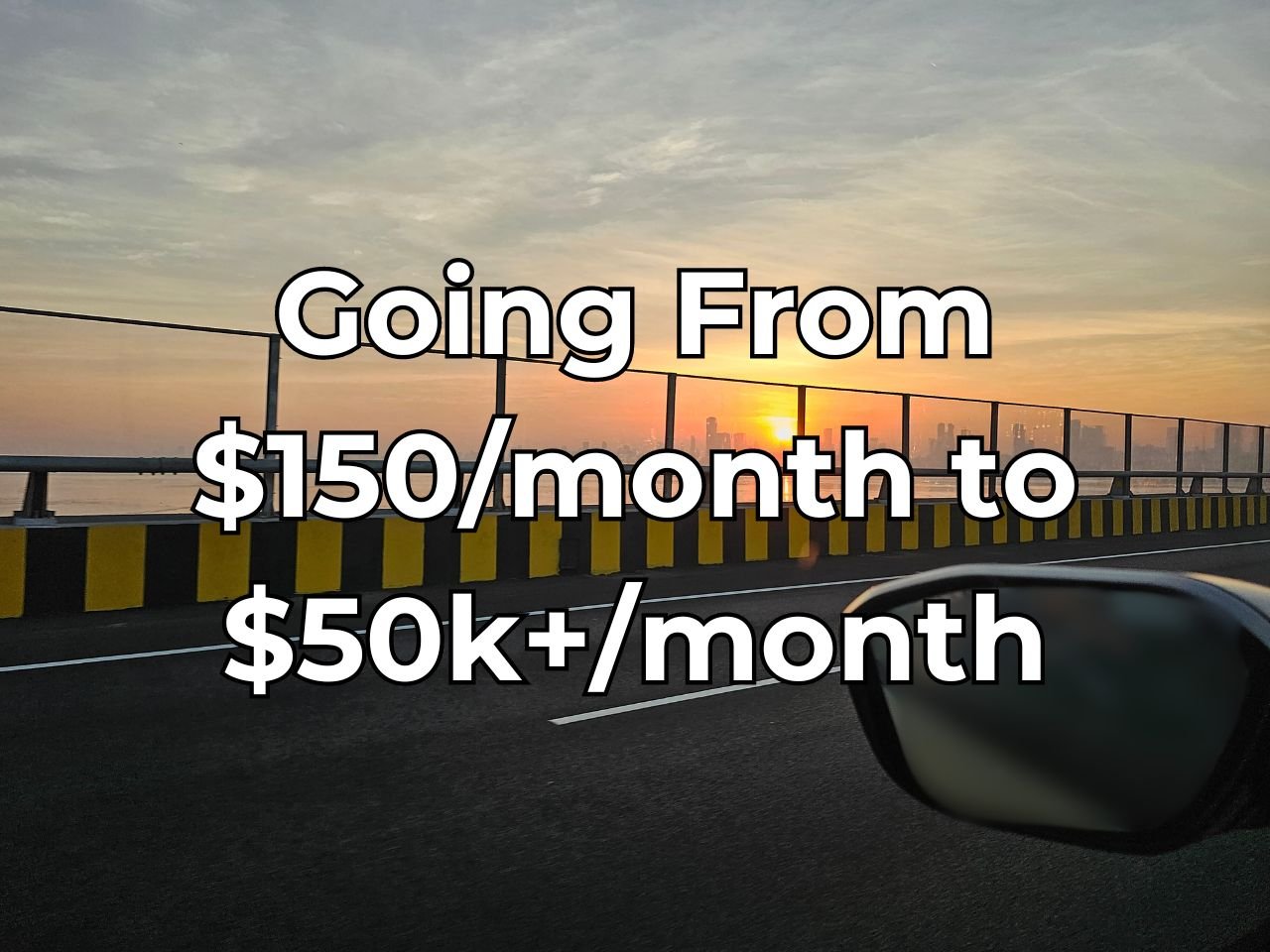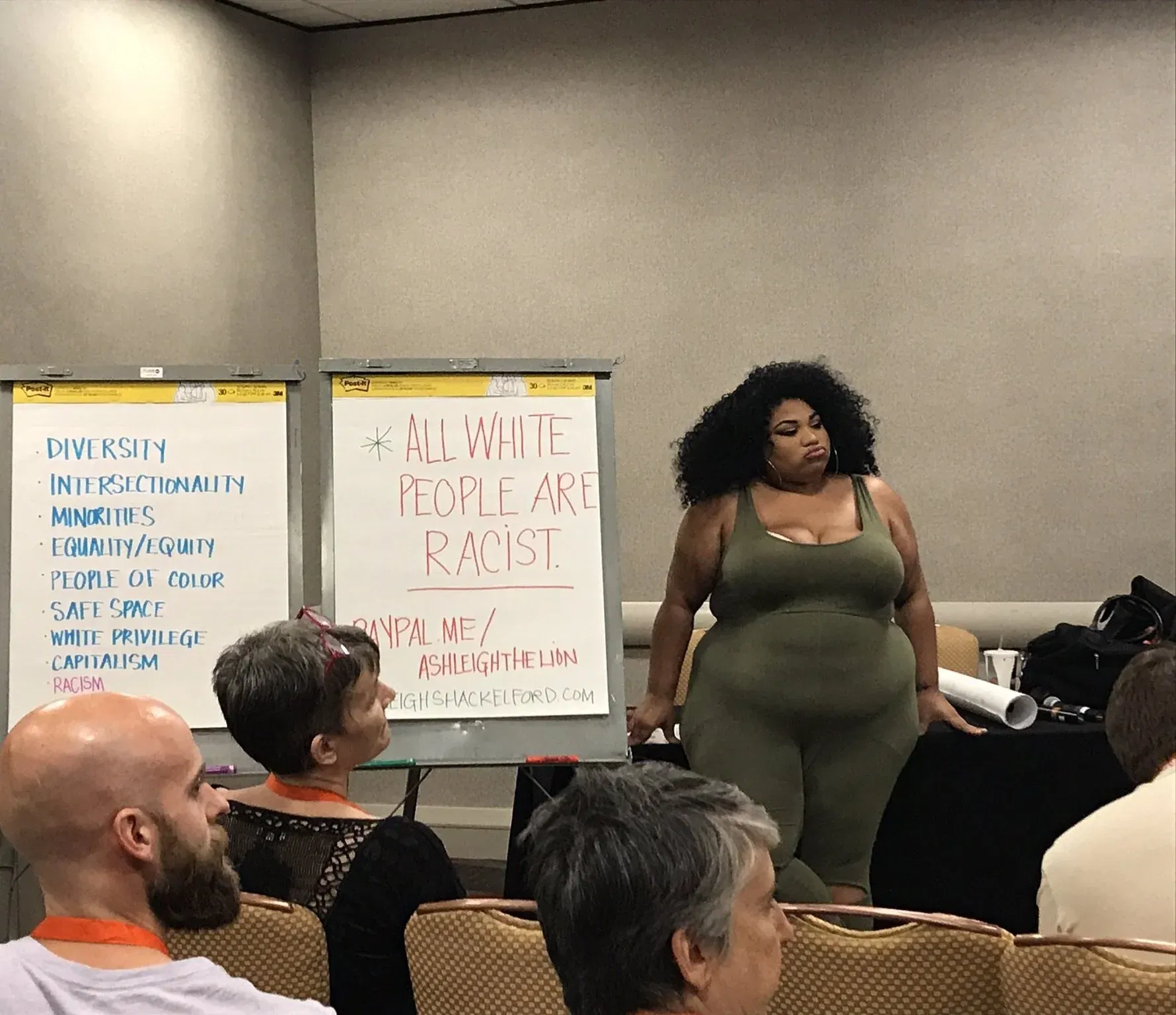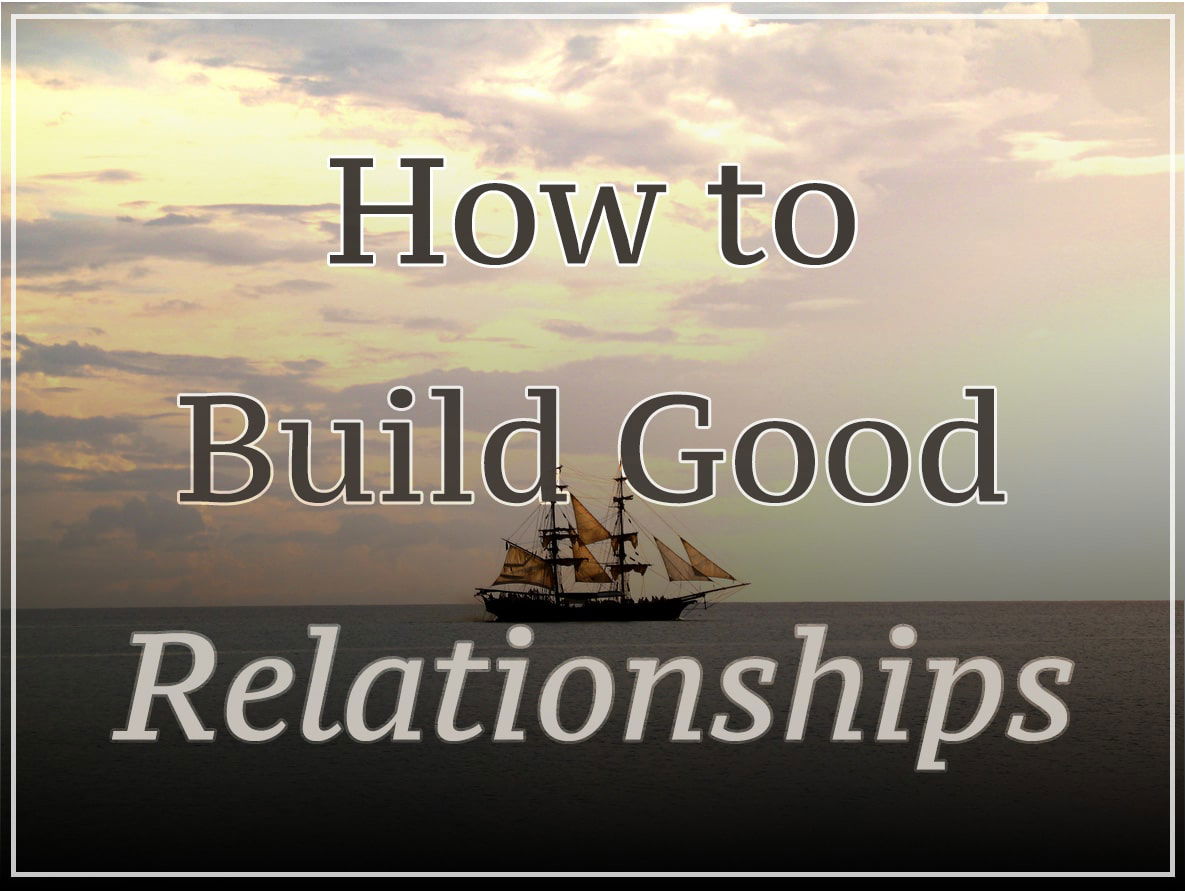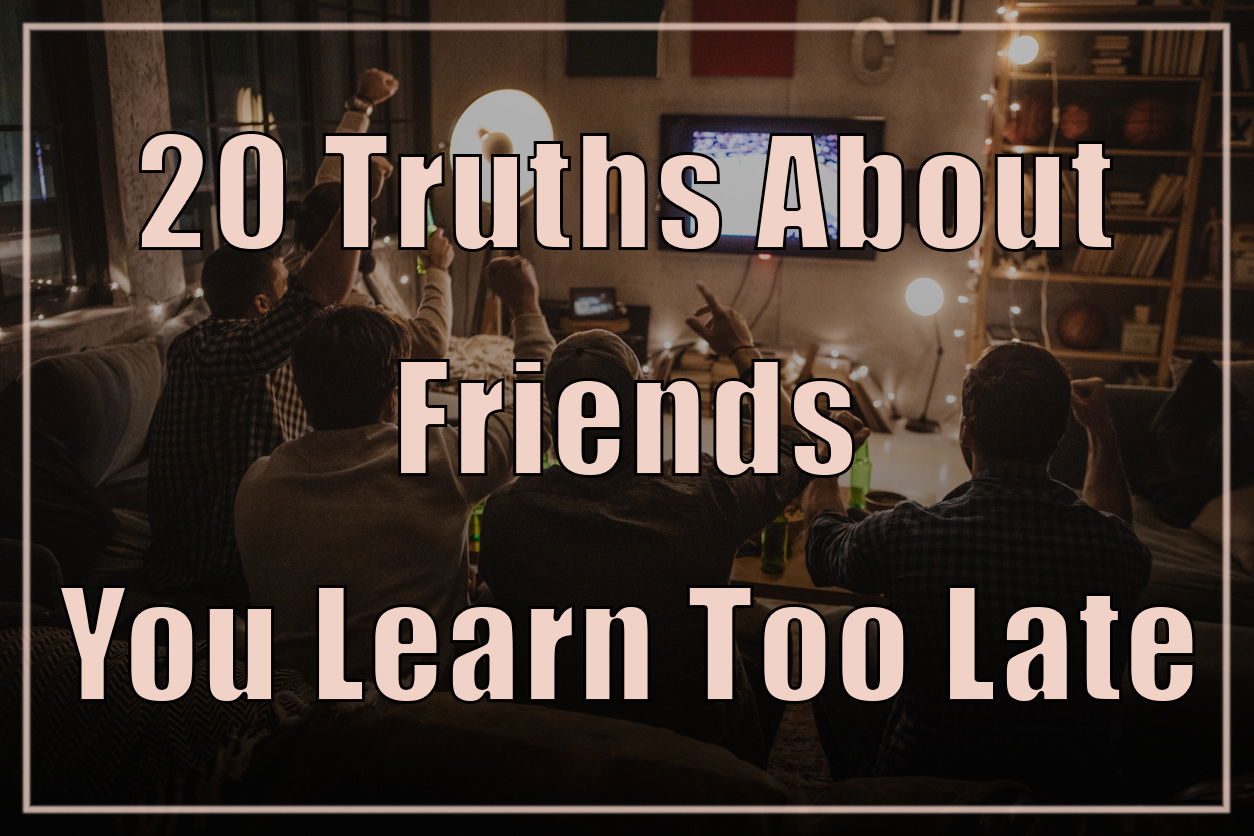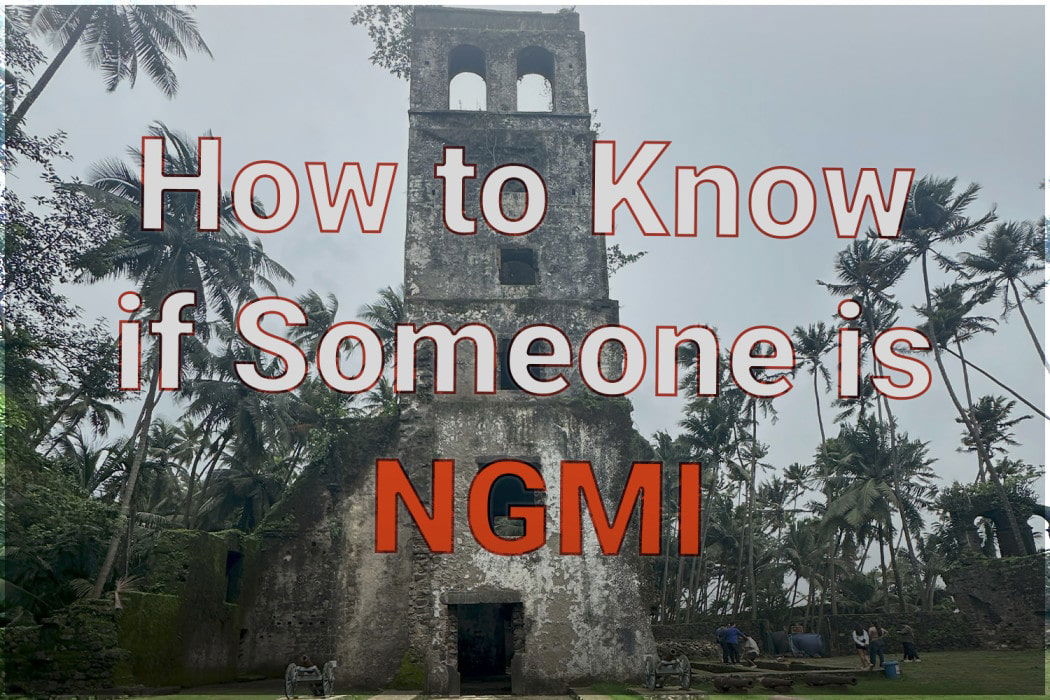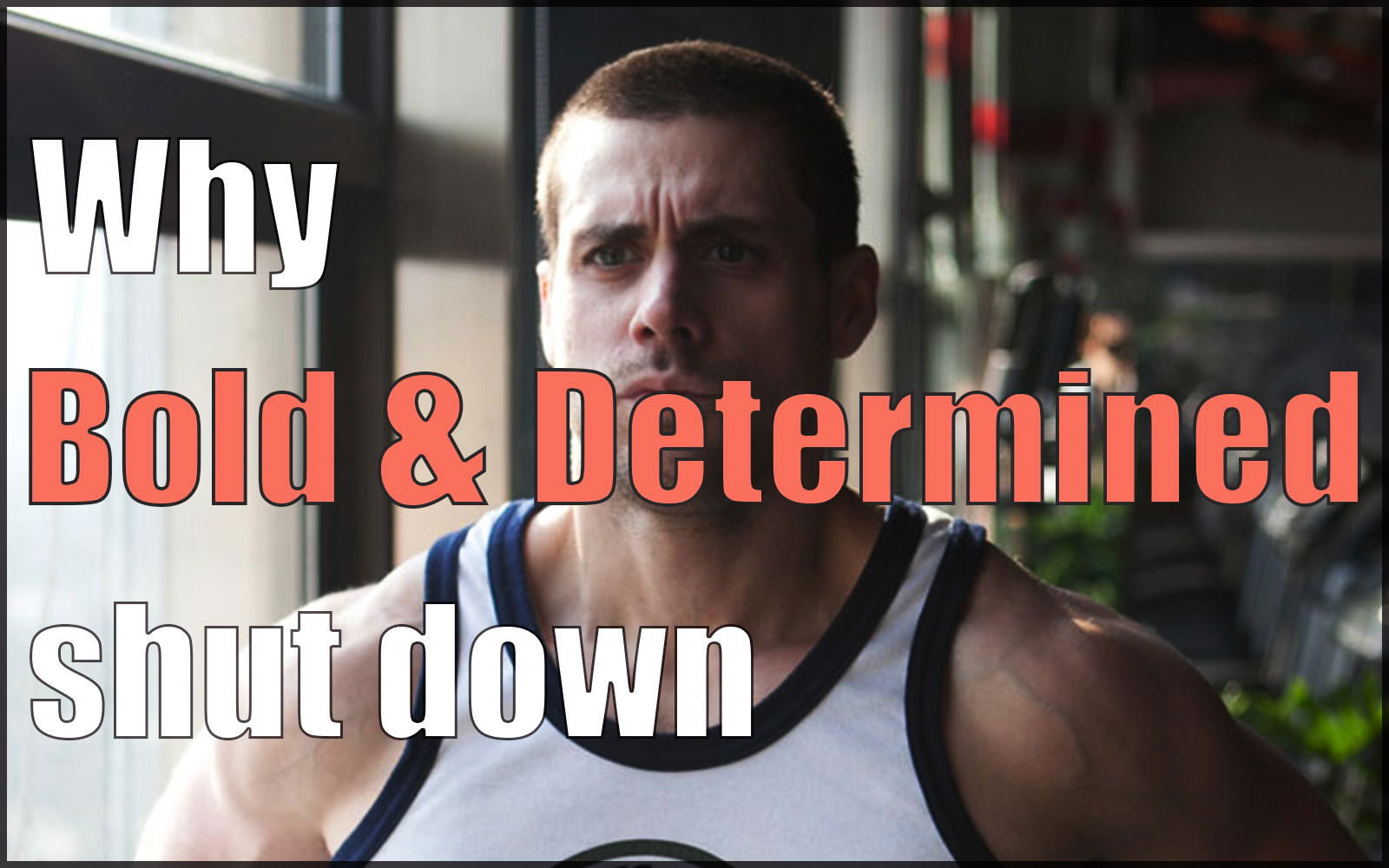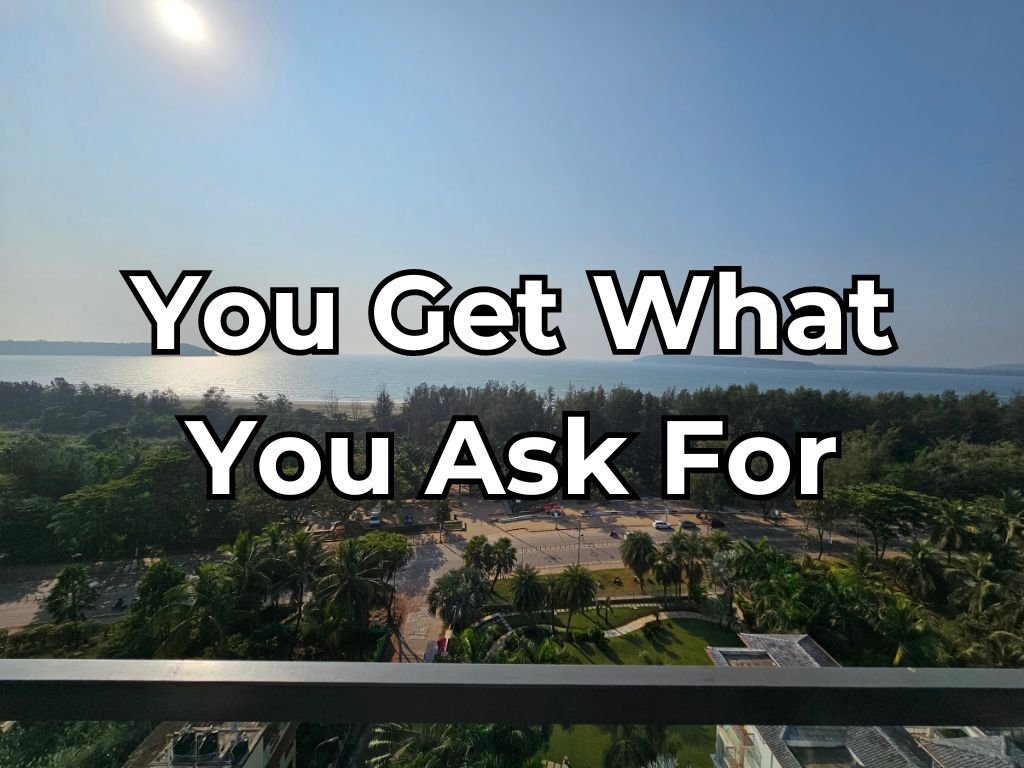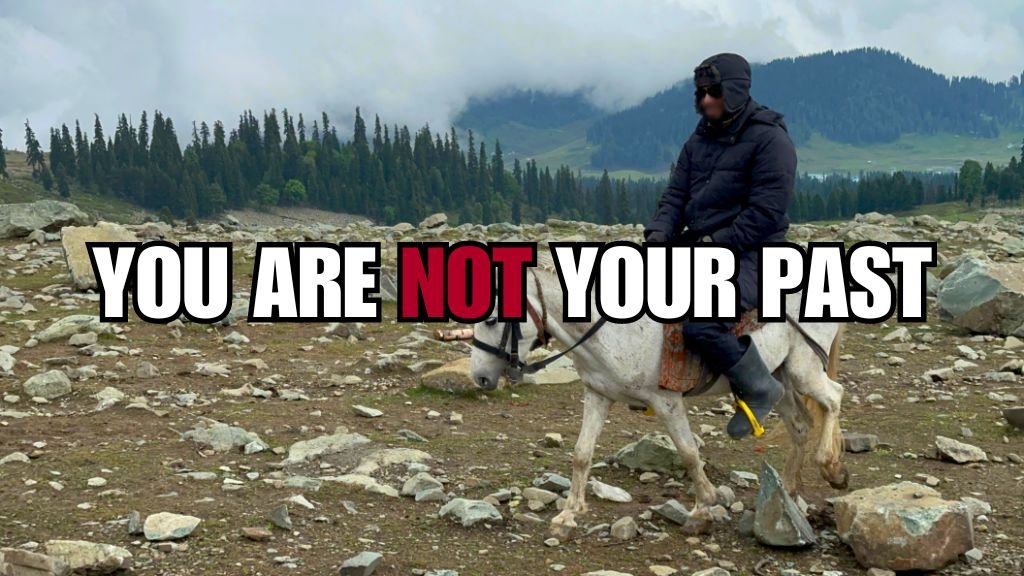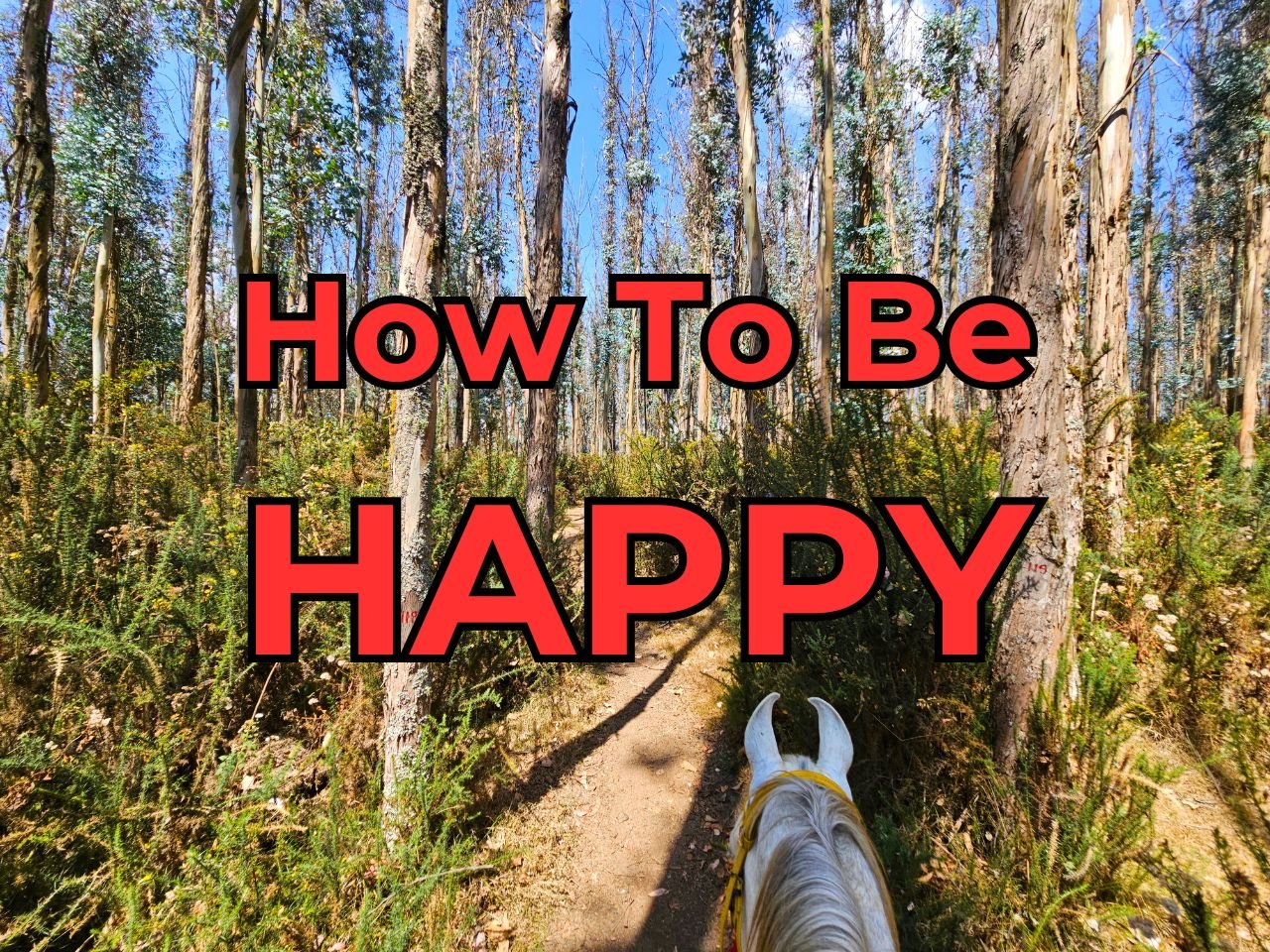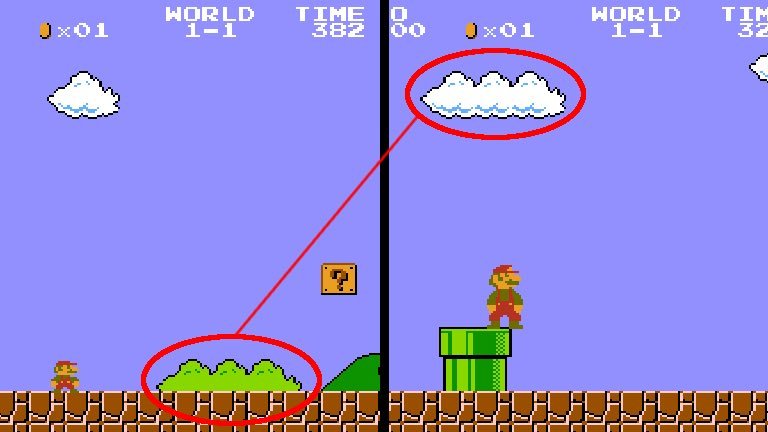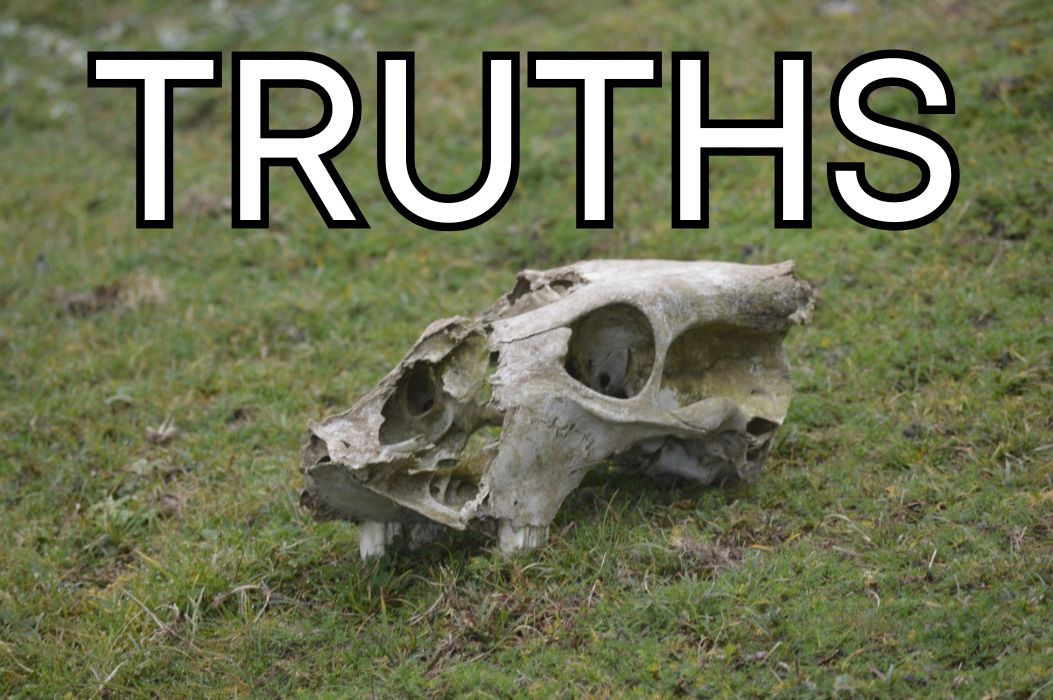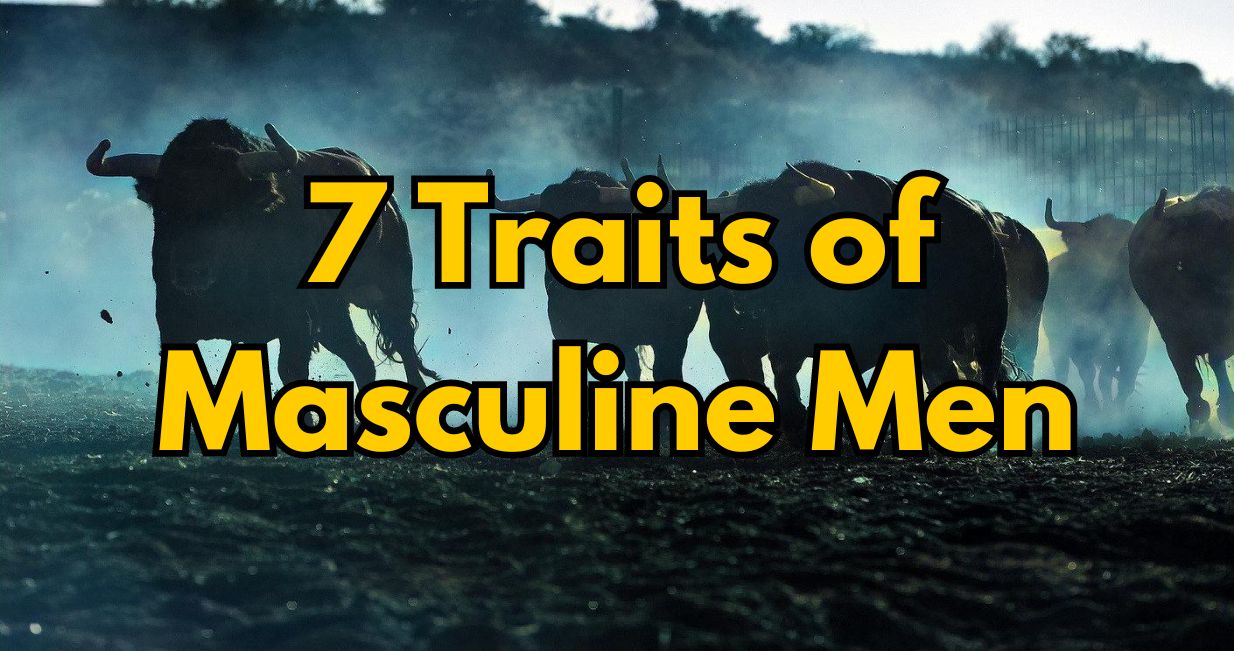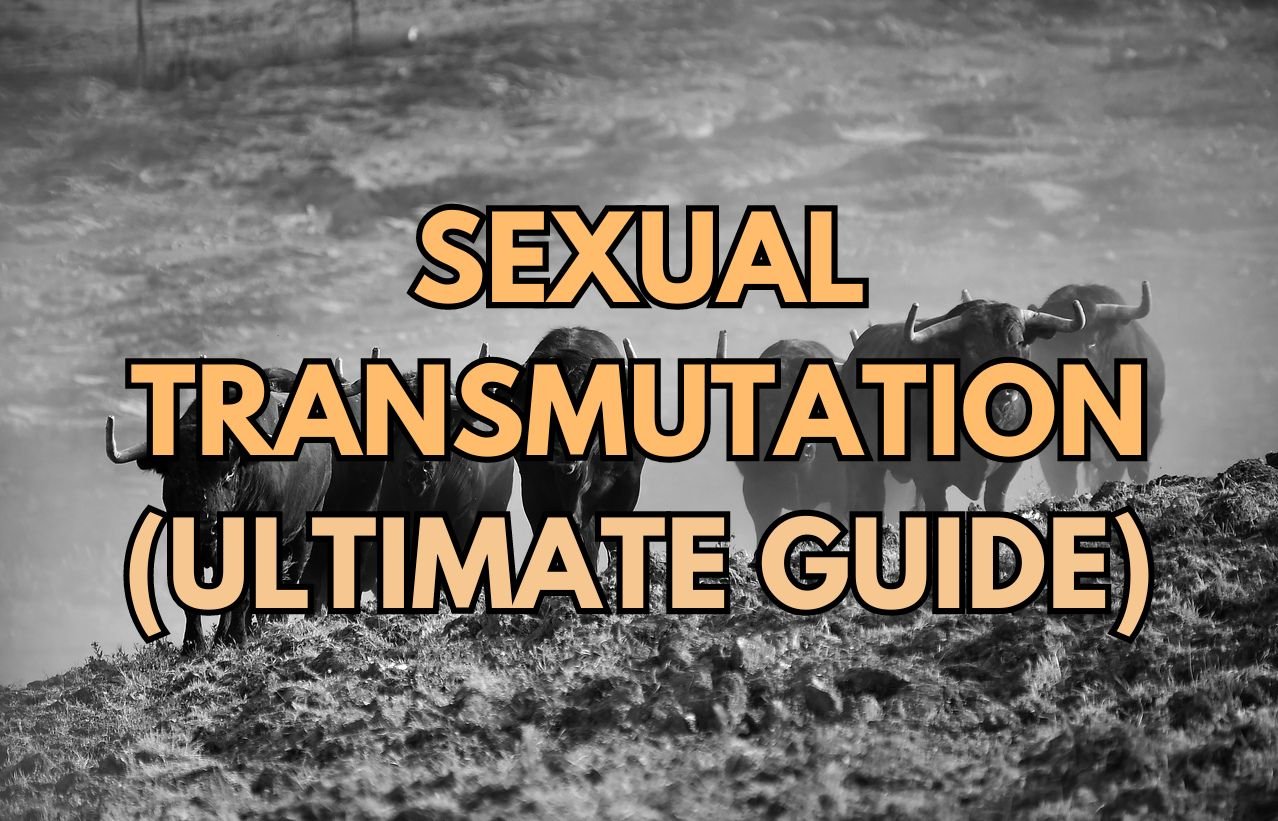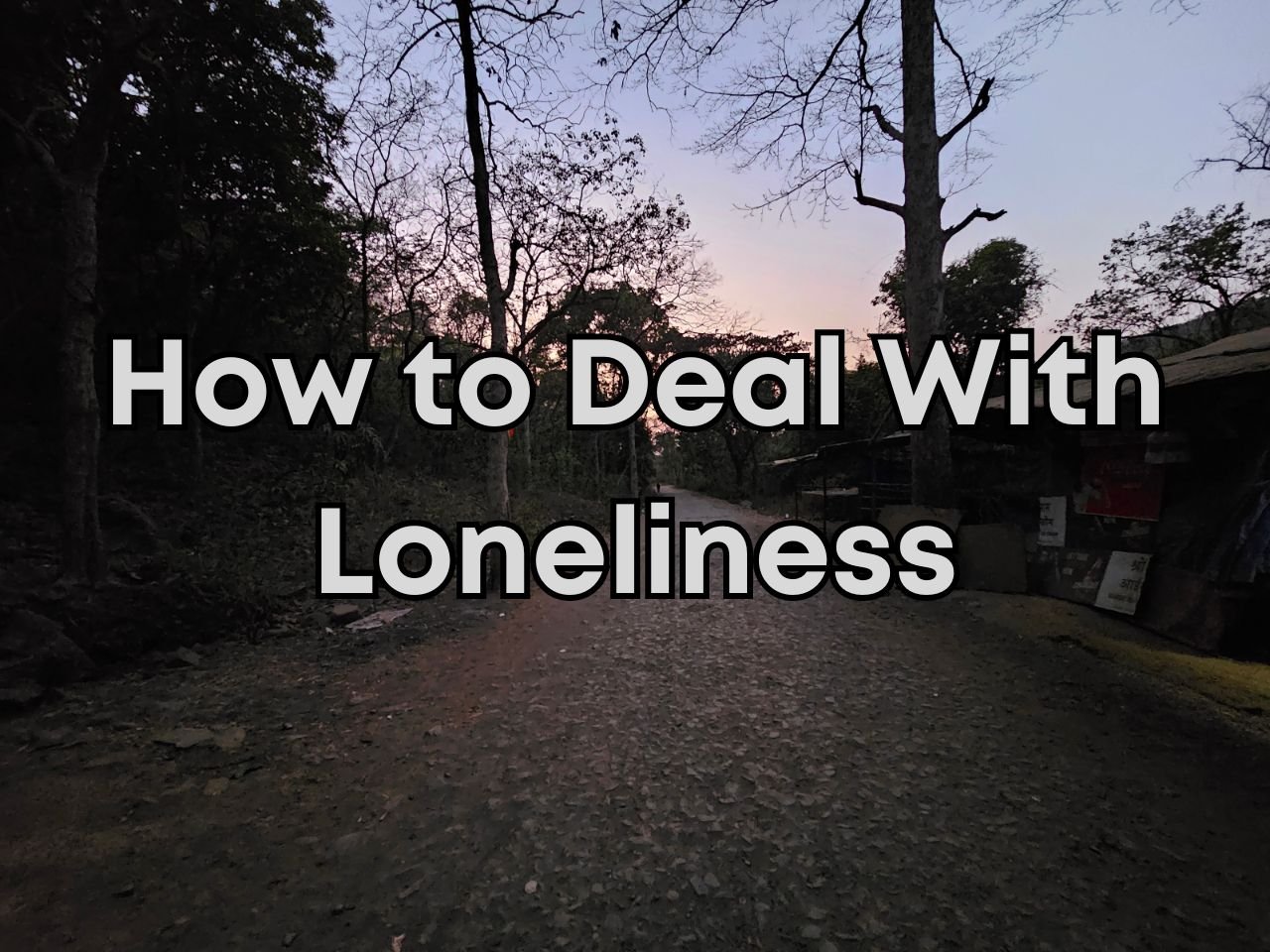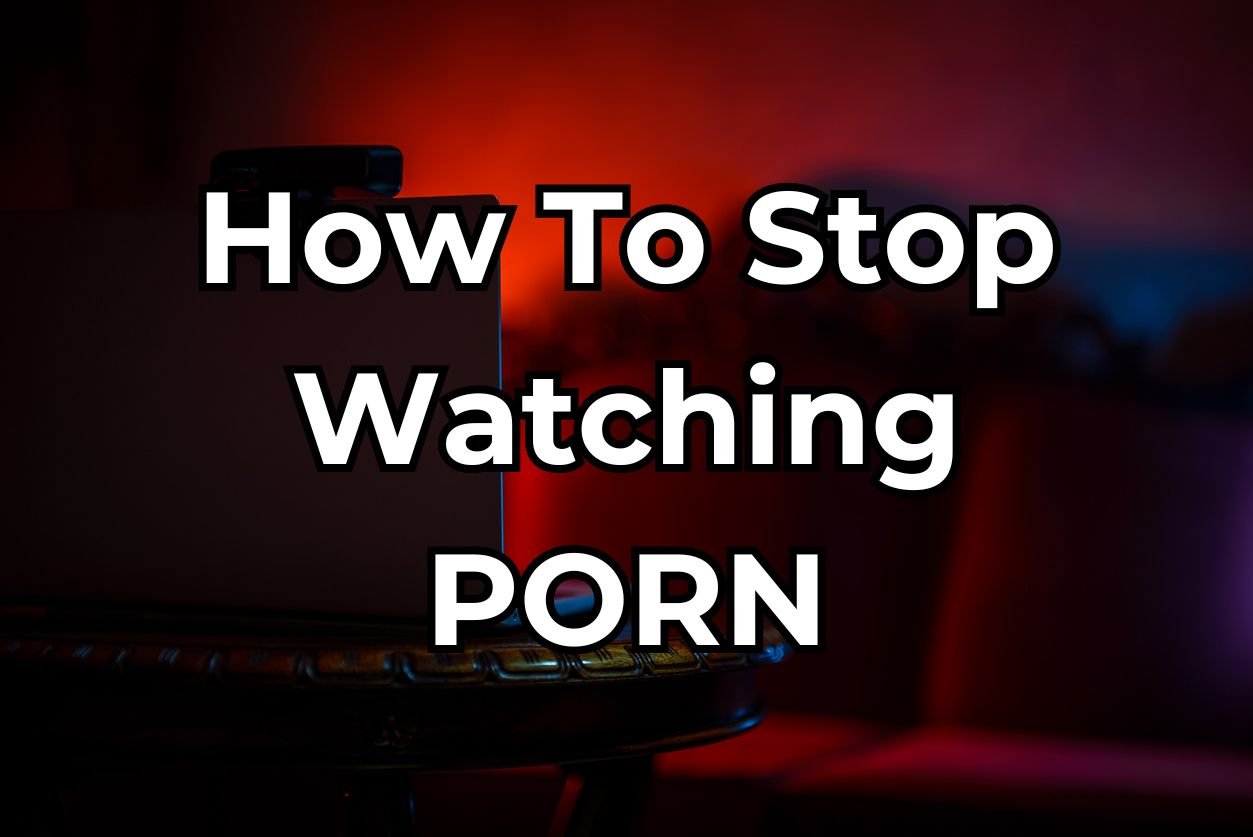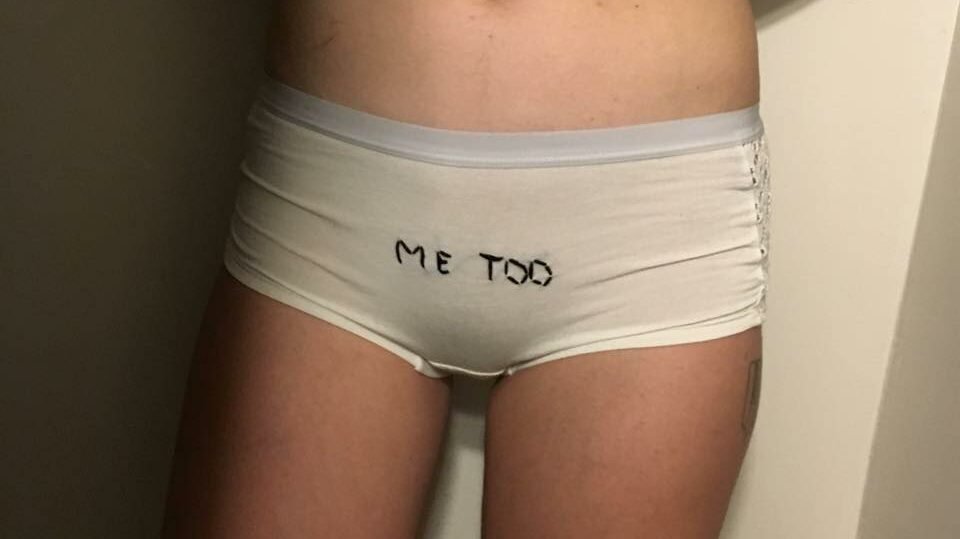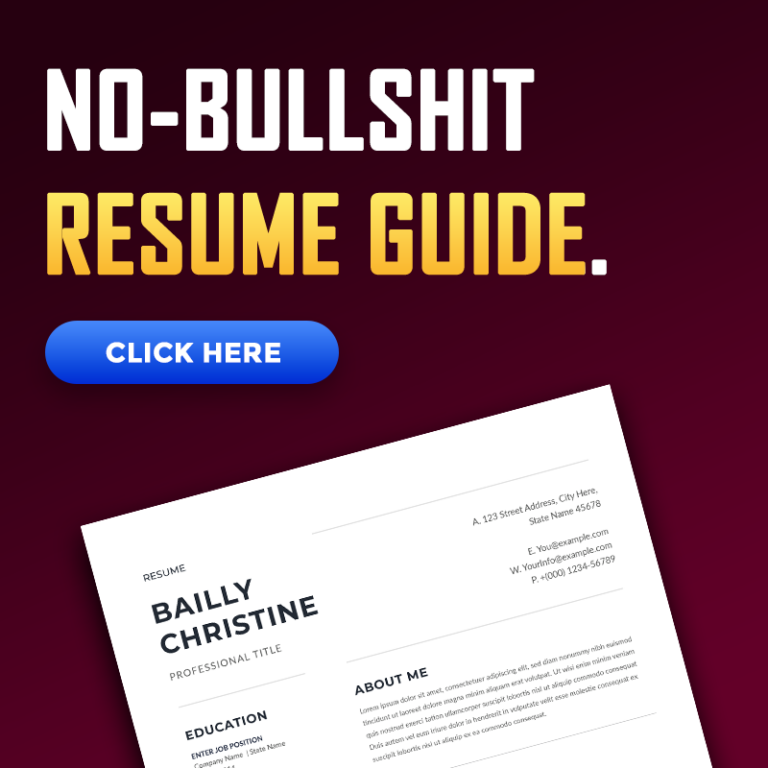This is a guest post from Thomas J Bevan.
‘Don’t let your schooling get in the way of your education’ Mark Twain
If there is one thing I know it is this- everything I have ever learned that was of any lasting value, I learned outside of the school system
It was learned in the library
It was learned through working and earning money in the real world
It was learned through listening to my elders and betters
It was learned through observation and conversation
And above all it was learned by doing, by participating rather than theorizing
This is what it means to be an autodidact – to be a self-taught person, to be someone who learns without the supposed benefit of the formal education structure.
In this article you’re going to learn both the why and the how of becoming a better autodidact.
DEFUSING THE WEAPONS OF MASS INSTRUCTION
‘Ever get the feeling you’ve been cheated?’ Johnny Rotten
If you’re anything like me, you spent most of the formative years of your life sat in a humid, airless classroom. You watched the second hand sweep slow revolutions around the wall clock, you stared longingly out of the window, you propped your head in your hands and tried not to fall asleep.
This was your education.
And the true messages behind all of the geography and the history and the calculus was simple:
Don’t aim too high,
Don’t ask too many questions,
Don’t stand out,
Do exactly what we tell you.
These same messages drilled into your head like a woodpecker’s beak over the course of a decade.
And we wonder why children can’t sit still and pay attention,
Why adults are depressed and lonely and drink themselves to sleep
Why so many of the elderly in their last days express deep regret for not living a life of greater meaning and purpose and vibrancy
This is not an accident, this is not a coincidence
H.L Mencken, one of America’s greatest journalists and cultural critics wrote in 1924 that:
‘[The aim of public education is not]… to fill the young of the species with knowledge and awaken their intelligence… Nothing could be further from the truth. The aim… is simply to reduce as many individuals as possible to the same safe level, to breed and to train a standardized citizenry, to put down dissent and originality. That is the aim in the United States… and that is the aim everywhere else.’
Now, nearly a hundred years later can you look me in the eye and tell me that anything has changed about this situation?
… I didn’t think so.
School does not promote a rich inner life.
Because a rich inner life is simply a hindrance if you are sitting in an office or behind a cash register earning just enough to pay the rent.
Being able to think deeply will make the tedium worse.
Which will make the alienation worse.
Which means that you might just find the courage to do something else with your life and move beyond being a mere passive consumer.
Escaping this passive consumer crab bucket involves changing your situation. This first involves changing your mindset.
You need to move away from the crab mentality. The crab bucket revolves around:
Dependency on group approval
Rigidly following rules
Consumption as the only form of relief
Addiction to novelty (as opposed to depth)
Being a pushover on matters of principle
Doing what is required of you and nothing more
(Read that list again. You can almost hear the sound of the school bell, can’t you?)
So how do you do this?
Simple. You devote yourself to becoming an autodidact. You create your own curriculum based on answering the questions that you need to know. You become an expert in the things that matter to you, rather than deferring to the supposed expertise of gurus and authority figures.
The only way to climb out of the crab bucket is by applying self-taught knowledge and transforming it into wisdom.
CREATE YOUR OWN SYSTEM
‘I must create a system or be enslaved by another man’s.’ William Blake
A true education- as opposed to mere schooling- can only be built on a foundation of self awareness.
You must discover who you are and what you want to do with your life.
You are a human being, not a ‘human resource’
As such no one- especially me- can tell you exactly what your system of self-education should look like. You must discover this for yourself.
I can, however, offer you some signposts from my own continuing journey.
But it is you who must go out into the world and explore the territory…
REFLECT DEEPLY ON WHO YOU ARE AND WHAT YOU WANT TO DO WITH YOUR LIFE
So many people drift through life- aimless and rudderless and clueless.
There is no plan in place, no vision.
At best shaky goals are set on the first of January and are jettisoned within a week or two. And so often these goals fail to be realized because the individual does not even truly want what they are striving for.
It is not an authentic goal- it is merely a goal that the person thinks they ‘should’ be interested in.
(Even with goals, we are often caught in the pincers of the other crabs.)
This is because most people never take the time to actually reflect on who they are and what they want out of life.
Fixing this is the first step towards educating yourself.
Ask yourself these questions and write about them at depth. Set a timer for 20 minutes and write. Do this several times if necessary- until the revelations and the memories come to you.
Ask yourself:
What did I want to become when I was a child?
What was I obsessed with as a child?
What did people tell me I was good at as a child?
The purpose of these questions is to realign you with your original vision.
Though not fully developed, children know what they are interested in without reference to mercenary tactics and world-weary cynicism.
A child likes to paint because they like to paint. They don’t have any regard for the odds of success, for the marketplace, for what others think of the prospect of painting as a way to earn a living.
Their horizons have not yet been limited. They can see the clear blue sky beyond the rim of the crab bucket.
The odds are high that the child version of you was right in the first place. I always knew I wanted to be a writer, I was always obsessed with stories- with books and cinema and music and art. And people always told me that I could write well and speak articulately.
And yet as I ‘grew up’ I suppressed this and made a poor fist of trying to fit into the cookie-cutter mould of adulthood. You can imagine some of the consequences. You may well be living through them yourself.
So just as I have accepted that being a writer is my calling, you too must search deep inside for your calling. It’s in you already, buried under years of neglect and fear and groupthink.
Find it.
This is the key subject in your curriculum.
STUDY THE EXAMPLES OF THOSE WHO CAME BEFORE YOU
So now you have an idea what questions you want to find answers to.
Alongside questions regarding your calling, your craft, (What should I do with my life?) there should be other deep questions:
What are my duties to my fellow men and women?
How should I spend my money?
What is within my control and what is not in my control? And what should I do about this?
And so forth.
To begin to answer these questions you need to READ.
Read the great novels that tackle these great human themes,
Read the Ancient texts that form the foundation of our philosophies,
Read about the lives of the people who provide examples of how to live wisely and unwisely.
Biographies and more so Autobiographies are the distillation of notable lives into examples and hypotheses that you can test.
Histories like this are a breadcrumb trail which will lead you to what you need to know.
From the library and from the internet you can access several millennia’s worth of mentors who have distilled a lifetimes worth of wisdom into a portable package.
Cherish this fact and use it.
When you extend your view beyond the present, your horizon expands and you gain a larger understanding of what is possible. You learn what is temporary and what is eternal.
It is vital to understand the difference.
DON’T JUST READ A BOOK – ARGUE WITH THE BOOK
There is a problem with reading though.
The problem is that it is possible to read quality works voraciously and retain virtually nothing. It is perfectly possible to read with all of the passivity of someone staring blankly at a TV screen.
You need to read ACTIVELY. You need to argue with the text.
This means keeping a commonplace.
A commonplace is a way to compile knowledge that makes it retrievable and memorable. It is where you keep all of the most important facts, concepts and quotes that you discover through your lifetime of reading.
This means that each commonplace is as unique as the individual that makes it.
I recommend starting a commonplace by creating a folder (either digital or physical) that contains all of the passages that you highlight as you read a book. Include all things that leap out at you from the page as you read.
After a week or two you can annotate the notes and write out what thoughts the passages provoke:
Why the passage appears to be true to you
Why you disagree with the author
The strengths and flaws of the argument
What further lines of inquiry this opens up
What techniques the author used to move the reader (this is a good question when reading fiction)
And so on
Over time this will build into a large volume and the desire to keep the system going will be self reinforcing. You will also be able to compare the notes from one book with those of another. You will be able to understand and balance two sides of an argument.
And from this you will learn how to think for yourself and form your own informed opinions.
And this, above all, is the mark of a truly educated, useful and internally driven person.
THE FINAL ASSIGNMENT
Before you go forth on your self-education journey I am going to set you a task.
Consider it to be a last piece of homework- no matter how many years it’s been since you set foot in a classroom.
Read ‘The Death of Ivan Ilyich’ by Tolstoy. It’s short and can be read in one sitting.
But more importantly, it will teach you what really matters in life. And what doesn’t.
About the Author: Thomas J Bevan is a British novelist and autodidact. Don’t forget to check out his substack newsletter!






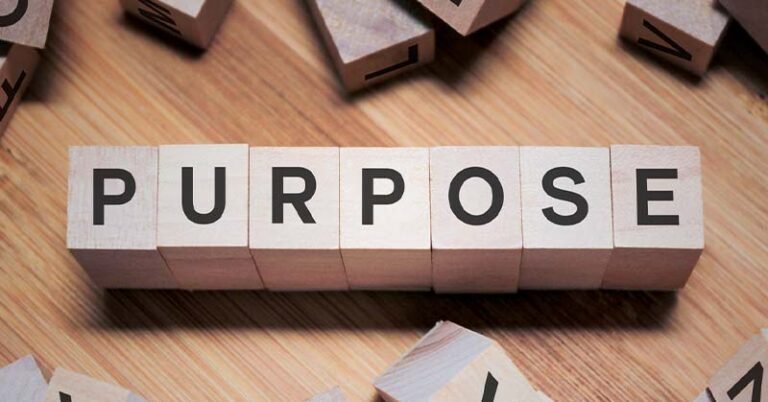



![Traits Women Find Attractive Traits Women Find Attractive (And How to Score Yourself) [PART 1: Physical Aspects]](https://lifemathmoney.b-cdn.net/wp-content/uploads/2025/11/Traits-Women-Find-Attractive-1.jpg)




